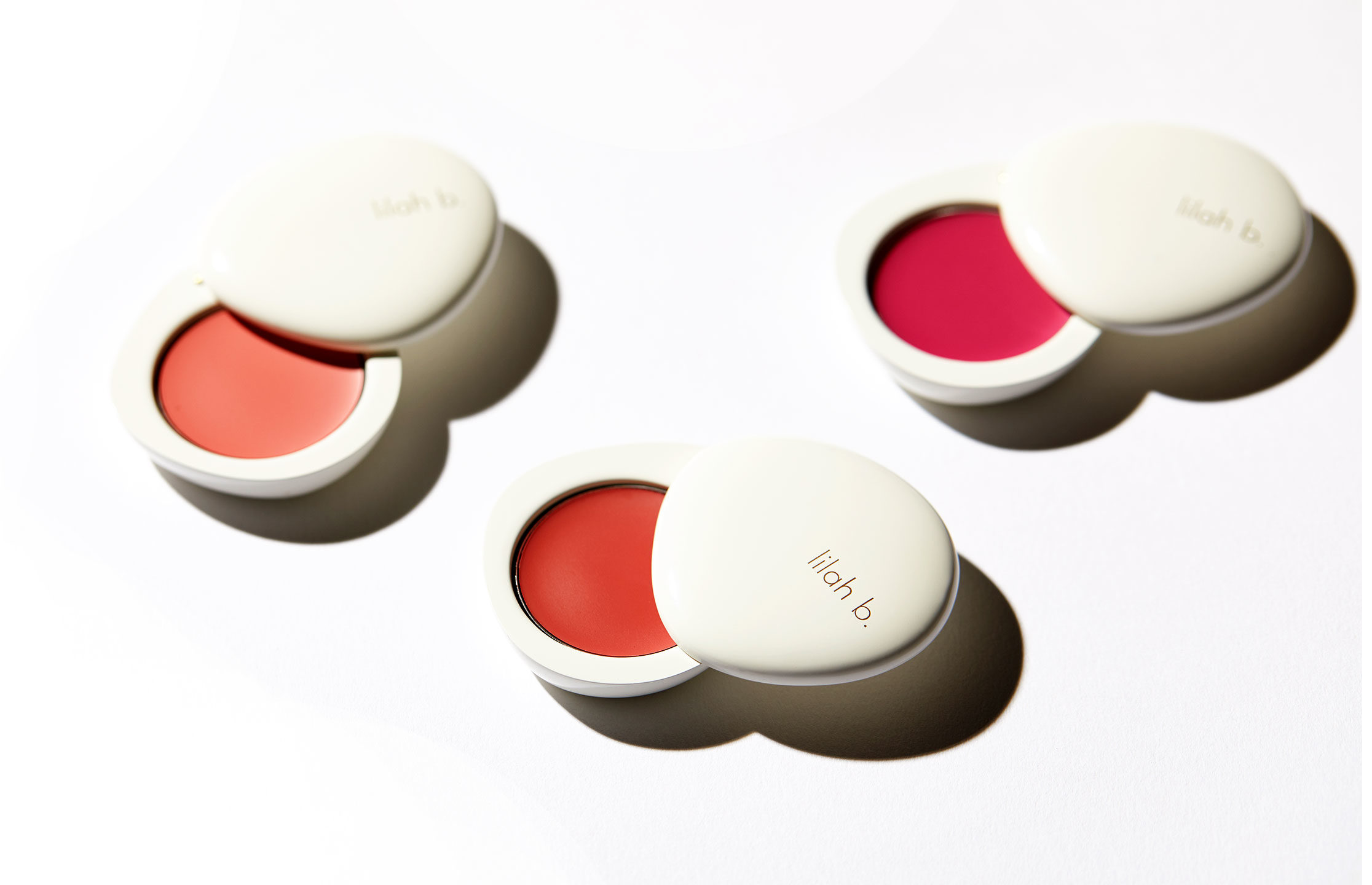This Company is Repurposing Impossible to Recycle Plastics
Green innovations.

When Sebastián Sajoux founded Arqlite in 2015, he wanted to confront one of humanity’s most pressing problems: plastic pollution. The Argentinian entrepreneur realized that if he could add value to the more than 90 per cent of plastic that goes unrecycled, he could motivate companies to reroute packaging on an enormous scale. The resulting business offers a two-pronged approach to plastic waste. The first is a technology that recycles otherwise unrecyclable compounds.
“We have a proprietary technology that can recycle mixed plastics that’s different from any technology out there,” Sajoux says. “These plastics are born unrecyclable, and their only destination is the landfill or incineration.”
The second half of Arqlite’s model involves crafting these plastics into valuable products, like its flagship Smart Gravel—a lightweight, reusable, pH-neutral potting material free of BPA, leachate, and dust. Smart Gravel has applications ranging from home gardening to hydroponics and construction. For reference, a single one-pound bag of Smart Gravel apparently diverts the equivalent of 7,200 landfill-bound energy bar wrappers.
Arqlite uses only food-grade plastics and subjects its products to stringent testing. The BPA- and leachate-free certification make it a safe option for health-minded horticulturalists.

Not only can Smart Gravel put a dent in plastic waste, it could also take a bite out of concrete’s monumental carbon emissions. A strategic partnership with building materials giant Cemex brings Arqlite one step closer to accomplishing this goal.
“Concrete is a mix of cement, gravel, sand, and water,” Sajoux notes. “What concrete companies can do is replace part of the mineral gravel with our gravel to achieve some benefits like low weight, higher insulation, and lower carbon footprint of the concrete.”
Arqlite’s journey has not always been steady. The start-up broke ground on its new U.S. facility in March 2020, just as COVID-19 lockdowns swept the globe. Undeterred, Sajoux and his team turned to Wefunder to raise equity through crowdfunding.

Now with more than 2,000 investors, the facility is up and running, processing more than one tonne of complex plastics every hour. For Sajoux, the 24,000-square-foot California facility is just the beginning. On the heels of the successful fundraising effort, he hopes to scale and license the technology for use elsewhere.
Arqlite’s newest product, which is still under development, will use worthless plastics “mined” from the landfill and repurpose them into new commodities using only 20 per cent virgin plastic. Using this method, the company is inching closer to a “plastic circular” economy. With the launch of the Plastic Offsets program and a number of new products in the research and development stage, the future looks bright for Arqlite. Still, Sajoux recognizes that manufacturers should attempt to phase out plastics in addition to supporting innovative recycling initiatives such as Arqlite.
“We’re not going to be the final solution for plastics,” he says. “Thank God, there are many other technologies coming up, but at least we have this opportunity to give these plastics an additional life, and the potential of deviating these plastics from the environment is really big.”




